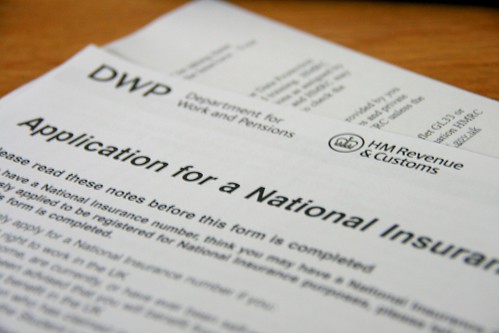PPI Claim- U.K. Finances
Payment Protection Insurance (PPI) insures the subscriber against the inability to pay credit-based debts due to illness, unemployment, death, or disability. While PPI is helpful for some borrowers, in recent years it has been sold under false pretenses, with misinformation or through coercion. If you are a victim of such sales tactics, there is assistance available. By virtue of a decision made by the Financial Services Authority (FSA), it is now possible to file a claim with your lender to recover the cost of your PPI purchase. The following is a list of circumstances that represent grounds for a PPI claim:
 1. Inappropriate or Incomplete Disclosure of Information
1. Inappropriate or Incomplete Disclosure of Information
Many borrowers were given incomplete or inappropriate information at the time that they made the decision to purchase PPI. Your lender may not have indicated that PPI payments are made monthly along with your regular credit payments, or you may not have been informed that PPI is not appropriate for long term loans. These issues fall under the heading of inappropriate and/or incomplete information and constitute a reasonable basis for a PPI claim.
2. Aggressive PPI Sales Tactics
When you were applying for your loan, you may have been subjected to fairly aggressive PPI marketing tactics. Lenders often try to induce fear in their clients by listing the graphic consequences of loan delinquency and then extolling the virtues of PPI as a means to avoid such eventualities. Your lender may have tried to convince you that PPI is mandatory in order to secure a loan; in fact, PPI is not mandatory at any time. If you have been treated in such an aggressive manner, you should certainly file a claim with your lender.
3. Ineligibility to Claim All or Part of a Policy
Many PPI policy holders are finding that they are ineligible to make use of part or all of the insurance that they purchased. There have been many successful PPI claims based on the fact that the purchaser was ineligible for coverage due to the nature of his or her employment. For example, many PPI policies do not cover those who are self-employed or who work for a temporary agency. Retired individuals are also excluded from coverage. If you fall into one of the noted employment categories and your lender did not inform you of the relevant exclusions, you have an excellent case for a PPI claim.
Since 2005, the FSA has investigated several lenders and found numerous irregularities involving the sale of PPI policies. Inadequate disclosure before the sale, aggressive sales tactics, and failure to explain eligibility requirements are the most common issues cited in consumer PPI claims. Whether these issues are inadvertent or deliberate is of little consequence; if you believe that you have been improperly influenced to purchase PPI, you should file a claim with your lender or contact the office of the FSA ombudsman for information and assistance.
See Also:
Term vs. Whole Life Insurance – What Should You Choose?

